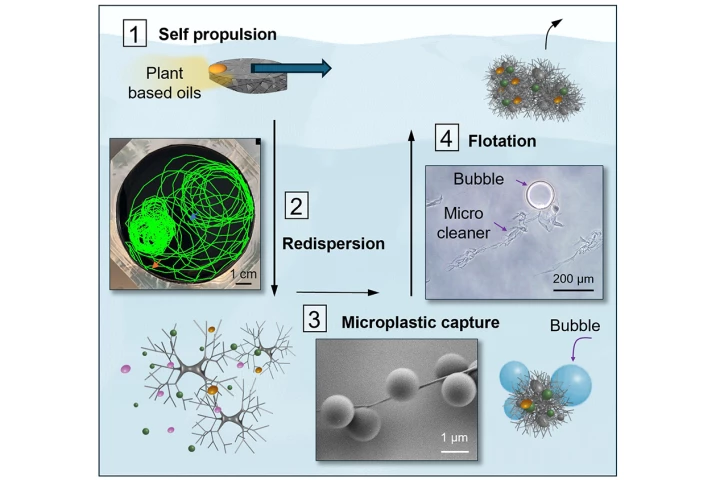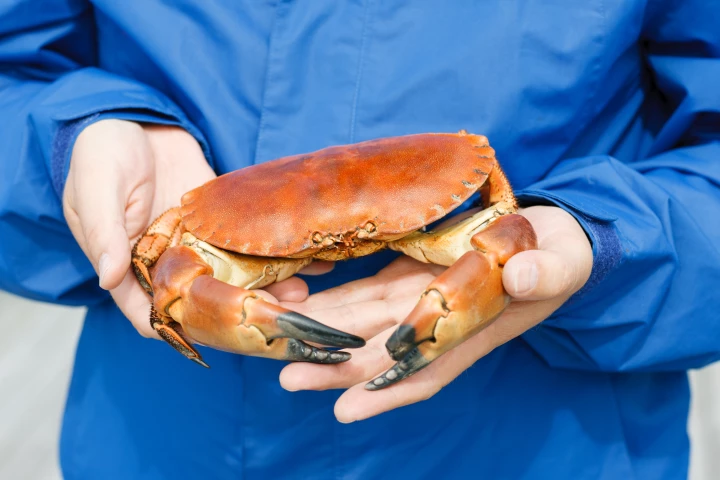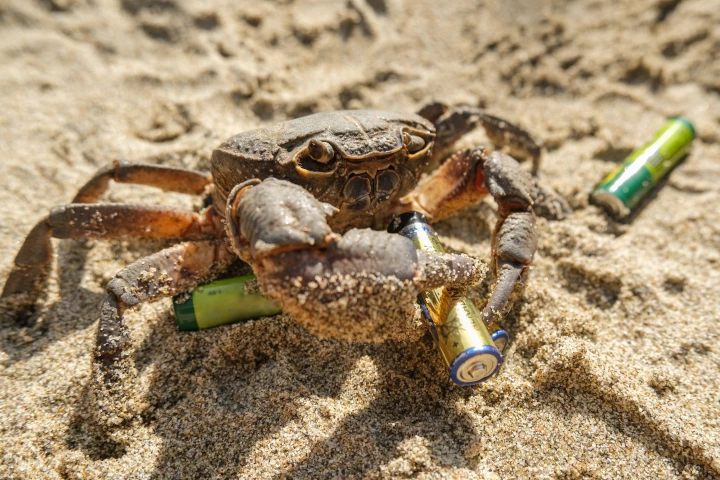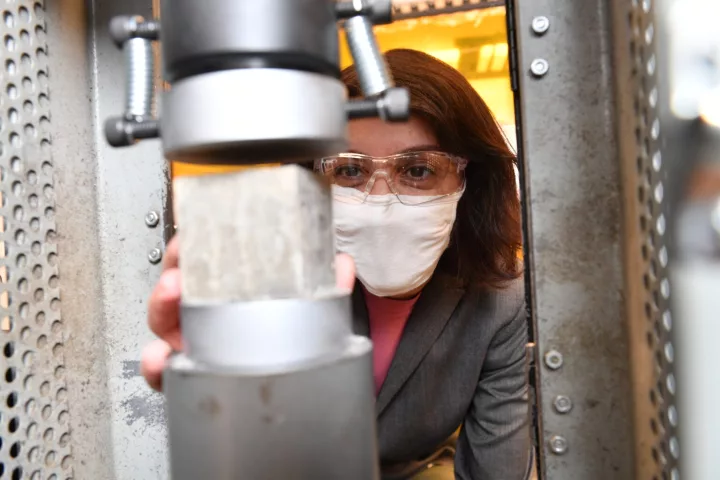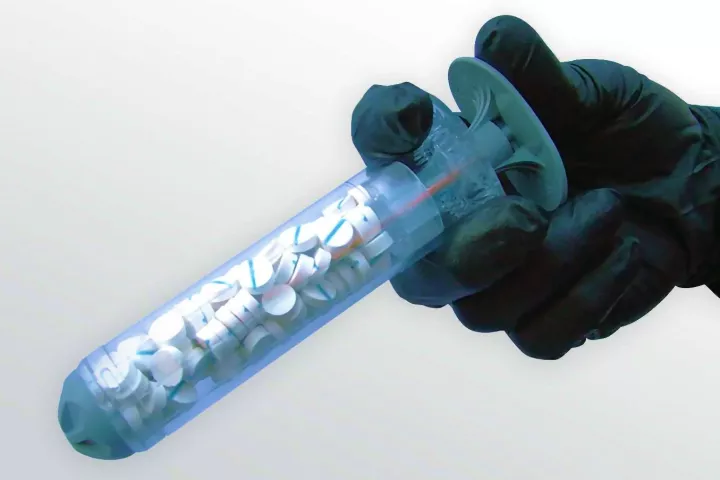Chitin
-
Wouldn't it be great if there were a way of chasing down waterborne microplastic particles and catching them for removal, as opposed to just passively filtering them out of water bodies? Well, new "microcleaners" can reportedly do that very thing.
-
Metalworking usually requires very high heat and pressure, but scientists in Singapore have now demonstrated a way to make very pure metal structures at room temperature. It’s inspired by the exoskeletons of crabs and insects.
-
Chitin, which provides crucial exoskeletal structure and protection to soft-bodied arthropods such as crustaceans, spiders and insects, may have a surprising role in switching up human metabolism in the gut, helping to fight weight gain and obesity.
-
That plate of smashed crab legs about to be cleared from the dining table and tossed in the trash might actually be the future of rechargeable batteries. A new discovery for its use in sodium-ion technology has researchers certainly believing so.
-
The production of cement is a major source of carbon emissions, so the less of it that's used, the better. A new study could help, as it shows that cement can be made much stronger with the addition of material derived from waste shrimp shells.
-
Found in crustacean shells, chitin is a useful natural polymer. Now, scientists have developed a fruit waste-based fermentation process for getting it out of those shells – and the technique results in better-quality chitin, to boot.
-
Cellulose and chitin are the world's first- and second-most common biopolymers, found in plants and crustacean shells (among other places) respectively. Georgia Tech scientists have now devised a method of combining the two, to produce plastic-like compostable food wrap.
-
Chitin, which occurs in crustacean shells, has already been suggested for use in things like wound dressings, cheaper pharmaceuticals, and even proton-conducting transistors. Now, researchers have found that when combined with silver, it could also be used to kill malaria-spreading mosquitoes.
-
A team of bioengineers from the University of Nottingham and Nile University in Egypt are developing a new substitute for conventional plastic carry bags using a material made out of shrimp shells that is not only greener, but can also extend the shelf life of foodstuffs.
-
Uncontrolled hemorrhage (bleeding out) is responsible for 80 percent of combat deaths – people die because we can't plug a simple hole. Now RevMedX, a small Oregon startup, has developed an alternative approach to treat such potentially survivable injuries.
-
Scientists have developed a spray-on coating that lengthens the shelf life of bananas.
-
Scientists at Singapore's Nanyang Technological University (NTU) have created a "magnetic-like" coating that traps and destroys 99 percent of the bacteria and fungi that it encounters
Load More
